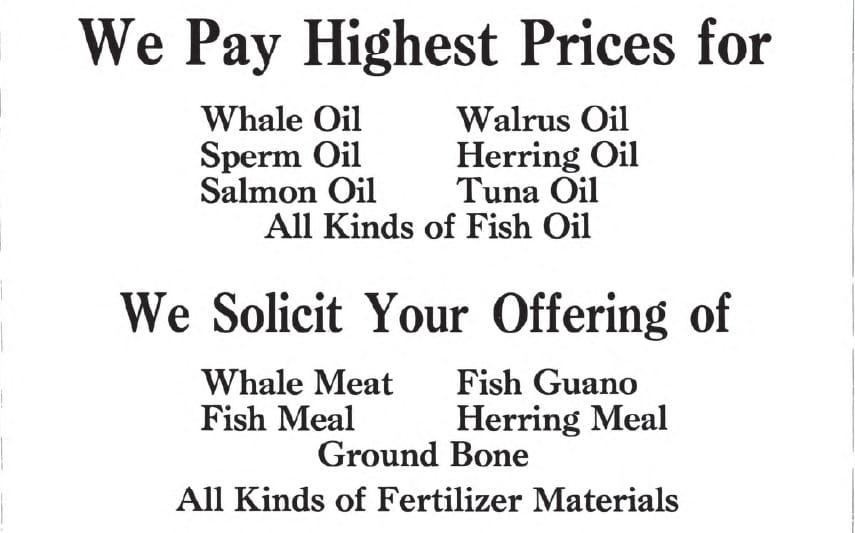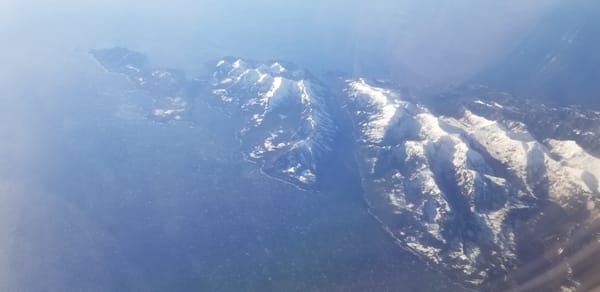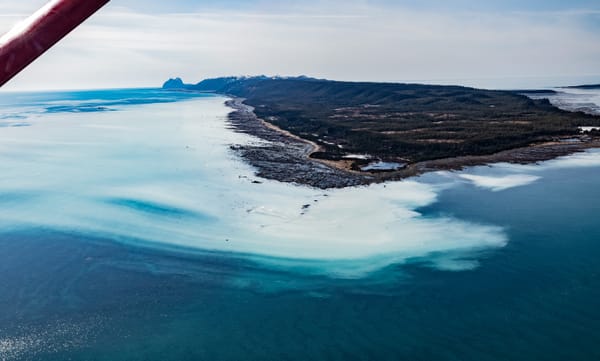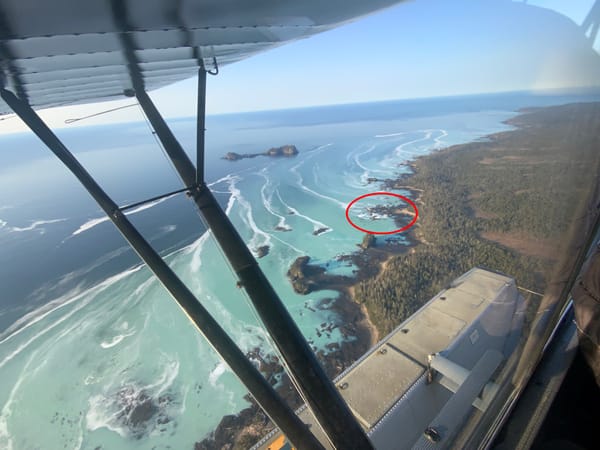Herring Scrap 32: State of Scraps

Hello scrappers! I haven't posted anything in awhile, but I've written a whole lot since you last heard from me, so much that the scrap machine got a bit clogged. I've got several mostly done scraps in the hopper, but there's been a malfunction with the crankshaft, uncertainties about market, a lack of supervision, mites in the inventory. I thought it might help me to reflect more generally on what I've been working on lately, and where I want this thing to go in the next while.
I started herring scraps as an email list before moving it online a year ago. I should have realized that putting it online would change how it felt to write the scraps - they've become less personal, less free-wheeling, more cautious. When I moved them online, I meant to reissue an invitation to new readers. I haven't done that. If I'm being honest, some of that is because I feel embarrassed about presenting myself online - where my social presence is otherwise mute, these days - as having a myopic interest in herring arcana. For me, this whole thing is only sort of about herring. It is more an esoteric pursuit about people and power and knowledge and archives and destruction and justice than it is about herring.
I don't do all this because think that herring are more or less interesting than any other fish or because I believe that the fate of herring has much more or less to do with my own well-being than the fate of any other fish, bird, or bug. I've got no skin in the herring game. I know lots of people who have much more real relationships with these particular fish - in Sitka and elsewhere - than I do. I don't fish herring, I don't subsist on herring, I don't collect specimens. All that I do with herring is paddle in their waters and nibble their eggs when I have an opportunity. While I don't have a strong relationship with herring, I have been moved, variously, by the words and deeds of people whose relationships with herring are more real, concrete, and consequential than mine. All of the herring and most of those people haven't asked for my opinion on matters. I have no doubt that some of those people think I'm a brat. Complaining about herring counting is a lonesome path and I don't recommend it.
I persist in this line of thought because it seems like a worthwhile experiment, a way to focus all of the time that I spend worrying about this extinction event that we humanity are making together, this precipitous collective erosion of planetary hospitality, and about my responsibility and record in responding, or not, to those worries through all that I do and don't do. It seems like an apt enough way for me to spend hours and days and weeks and months and years of my time, as I recognize that worrying about later is really only available to those of us who don't have more pressing things to worry about now. It seems like an interesting way to think about bigger themes that I've been interested in since before I started to think about herring: it helps me wonder about how we make meaning together and apart; how knowledge and impressions are broadcast and received and passed on or otherwise empowered, and how, if and when that information is important, a response is enacted sensibly and justly, or not, and for whom, at individual and collective levels.
All of that is why I keep extending my opportunity to think about this problem that I've been observing in these recent years and have lately been describing: a State regulatory agency is charting ecosystem enumerations across time, the resulting ecological narrative is falsely premised, the false construction resulting from that is acting powerfully in the world, and accountability is missing.
Half of what motivates me to stare so long at this curious enactment of statistical malfeasance is the problem itself: the more fish get counted, the more fish get killed; the more fish get killed, the more vulnerable ecosystems and communities become to various manifestations of environmental violence and resulting crises and collapses. I see the ways that herring were important for life around Sitka and I see State scientists and rulemakers handling knowledge and power in ways that threaten all that the herring have been so steadily maintaining for so many for so long.
The other motivational half is the feeling that based on what I know of the world, the generalized contours of this problem are likely widely shared in all sorts of different settings, and this problem in aggregate is, I think, a worthy point of interest as we presumably try, together, to respect knowledge and experience in ways that might help us avoid the worst pitfalls of advancing mass extinction of life on earth and attendant human sorrow and hyperinjustice.
The Southeast Board of Fish meeting is coming up in a few weeks. Public comments for that meeting are due in a few days. Between now and the meeting I'll be writing scraps that respond (or, at least, are part of my response) to that process. I've got a scrap in the hopper recapping the considerable and alarming policy changes that took place at the Prince William Sound meeting back in December; I've got one that takes us back to a 1975 meeting when Board of Fish members laughed off the idea of not unleashing seine and gillnet fleets on herring populations across southeast Alaska; I've got a couple about the Unfished Biomass letter that I wrote a couple months back, and about the Alaska Public Records Act request that I since filed and received records from; I've got one about how between 1999 and 2010, ADF&G was flying blind as the result of a chronic laboratory error where they were mis-aging their herring samples.
The other major lineage of scraps that (I hope) you can expect in the next while has to do with my ongoing thesis progress (lol) where I'll talk about various academic concepts of some use - I have a half-scrap or two in progress about Shifting Baselines Syndrome concept, and one about Dean Bavington's fabulous book on the Atlantic cod collapse, Managed Annihilation. I'll write about sociologist of science Bruno Latour's Actor Network Theory, a research approach that feels familiar to the strange approach that I've taken; he writes about techno-scientifically constructed ecological pseudo-realities as a research problem. I dig it.
Meanwhile, I love to hear from all you scrappers out there reading. Please don't hesitate to write if you have thoughts or questions that you'd like to share. Also don't hesitate to unsubscribe if this is not what you need flashing across your screen these days. I sure get it!




